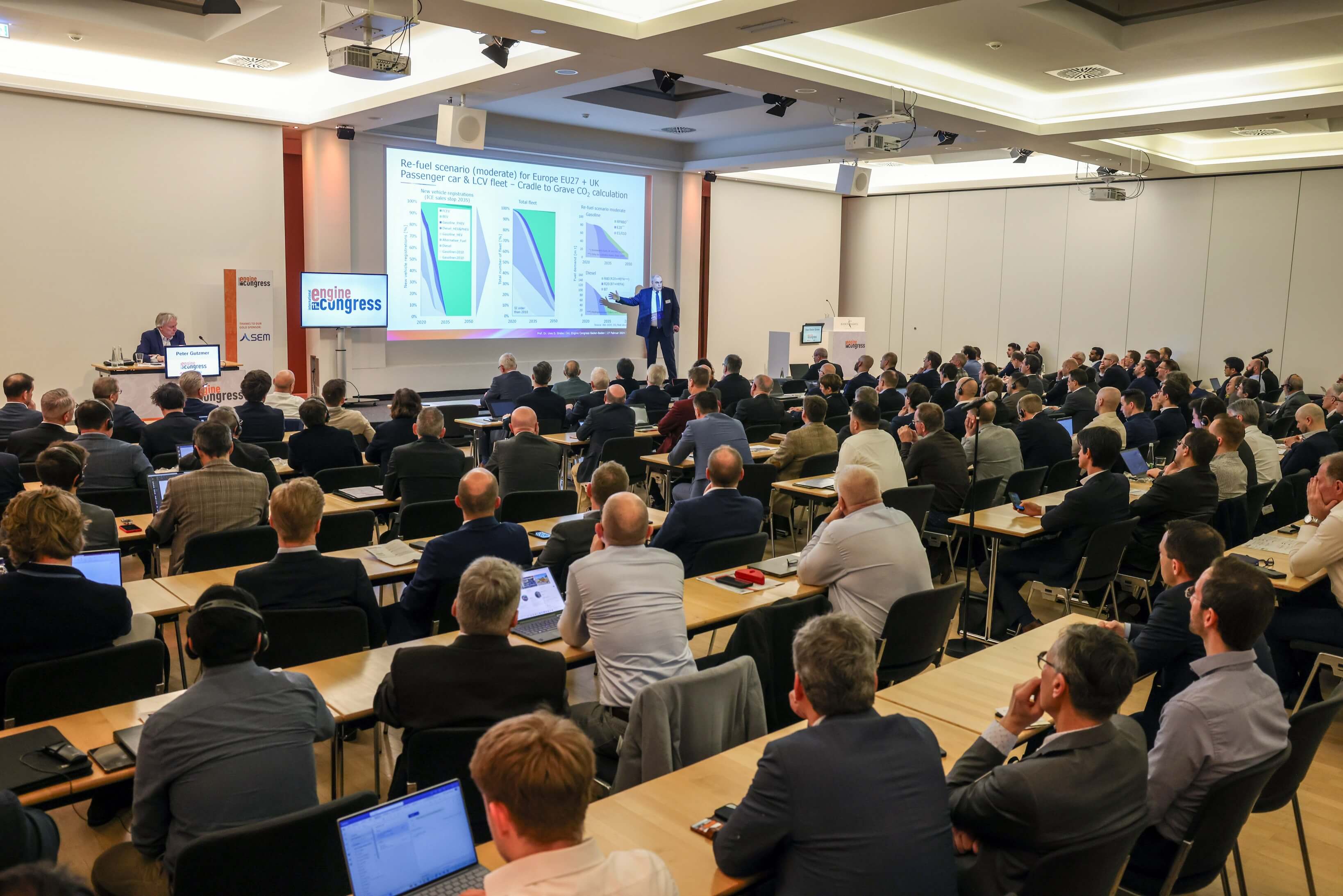Combustion Engine has Great Relevance Worldwide
Prof. Uwe Dieter Grebe, Managing Director of AVL List, confirmed this assessment in his keynote speech. The combustion engine remains highly relevant, particularly in the global energy mix. However, opportunities for emission-reducing measures are not being used consistently enough, for example in the area of synthetic fuels: "Even with the use of E20, CO2 emissions could be reduced by 10 percent by 2030," said Prof. Grebe. In a global comparison, Europe is currently in a very isolated position with its sole focus on BEVs. Japan, for example, considers all possible drive technologies with a high degree of technological openness.
Dr. Monika Griefahn, Chairwoman of the eFuel Alliance, focused on the total global fleet of 1.3 to 1.4 billion vehicles, which must be operated in a more climate-friendly manner: "Every liter of eFuel is a direct contribution here. We hope that the new EU Commission will immediately reopen the discussion on a cradle-to-cradle approach," said Dr. Griefahn. Although e-mobility is an important factor, it cannot be used everywhere.
"Do Not Rely on Electrification Alone"
In his impulse lecture, Benjamin Krieger, Secretary General, CLEPA – European Association of Automotive Suppliers, also addressed strategies for efficient CO2 reduction. He also emphasized that a longer-term perspective for the combustion engine – especially as a hybrid – is desirable. "It is legitimate and sensible to consider which other technical options can complement electrification, such as eFuels and biofuels," emphasized Krieger: "We would therefore like to see more openness to technology from the political side and significantly more flexibility."
A Collaboration of Technologies
The panel discussion entitled "No combustion engine, no climate protection" was also characterized by a consensus on the issues currently occupying the international engine community. The participants from science and industry concluded that it was not a question of "either electric drives or combustion engines", but rather a targeted and sustainable coexistence of all technologies.
This year's International Engine Congress therefore provided plenty of current topics for discussion. Other key topics included the technological possibilities of CO2 recycling as a key issue for reFuels as well as the prospects for hydrogen and other sustainable energy sources. The lecture and discussion program was rounded off by an accompanying trade exhibition and numerous networking opportunities, for example at the popular engine community evening.
The 12th International Engine Congress will take place on February 25 and 26, 2025.
Registration and program at https://www.vdiconference.com/engine-congress/ and via the VDI Wissensforum Customer Center, P.O. Box 10 11 39, 40002 Duesseldorf, E-mail: wissensforum@vdi.de, phone: +49 211 6214-201, fax: -154.









